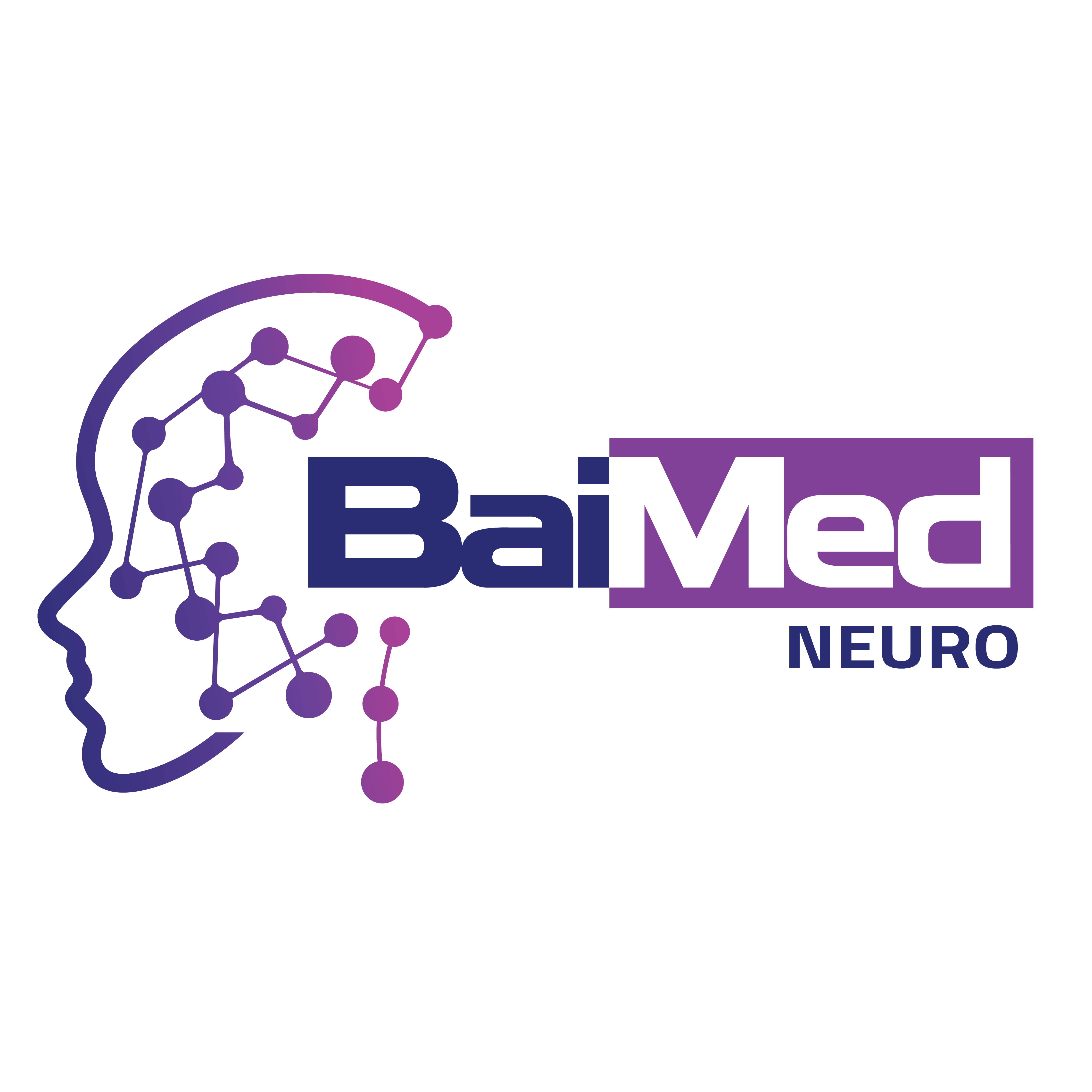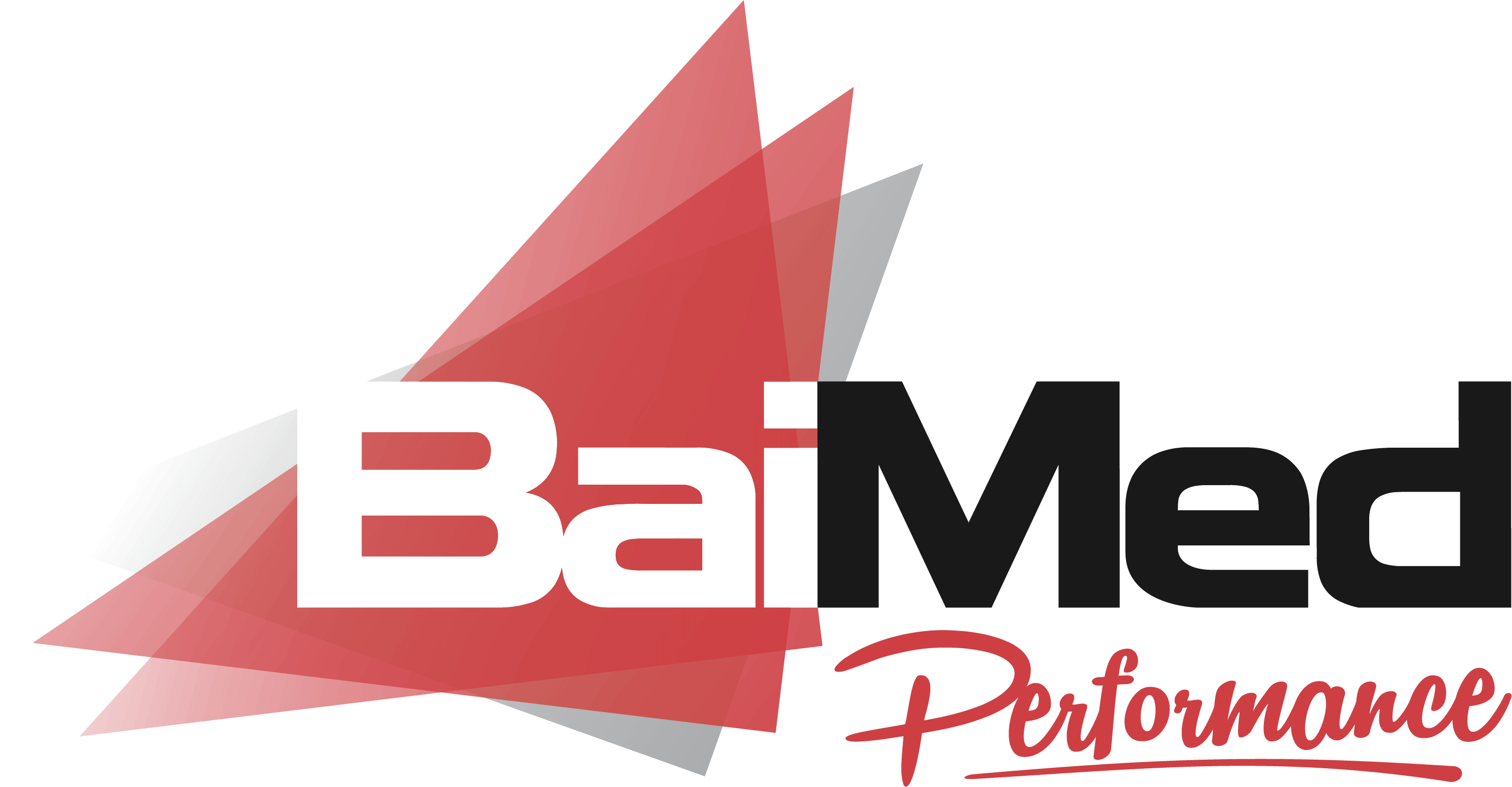- What is the difference between exercise physiology and physiotherapy?
Answer: Exercise physiology focuses on designing and implementing tailored exercise programs to address various health conditions, improve overall fitness, and enhance physical performance. Physiotherapy, on the other hand, primarily deals with the assessment, diagnosis, and treatment of musculoskeletal conditions through manual therapy, joint mobilisation, and rehabilitation exercises.
- Do I need a referral to see an exercise physiologist?
Answer: A referral is not required to see an exercise physiologist, however for injuries and medical conditions having one from your primary healthcare provider can be beneficial, as it ensures proper communication between healthcare professionals and may provide access to certain rebates or funding programs.
- How long does a typical exercise physiology session last?
Answer: An initial consultation usually lasts between 45 minutes to an hour, during which a thorough assessment is conducted. Follow-up sessions typically last for 30-45 minutes, depending on the patient’s specific needs and the complexity of the exercise program.
- Can exercise physiology help with weight loss?
Answer: Yes, exercise physiology can play a crucial role in weight loss by providing tailored exercise programs that target safe and effective fat loss while improving overall health and fitness. Additionally, exercise physiologists can provide guidance on lifestyle modifications and healthy habits to support long-term weight management.
- Is exercise physiology suitable for people with pre-existing medical conditions?
Answer: Absolutely. Exercise physiologists are trained to work with patients with various medical conditions, including chronic diseases, musculoskeletal injuries, and neurological disorders. They design and implement customised exercise programs that cater to the specific needs and limitations of each patient, ensuring a safe and effective approach to improving health and well-being.














